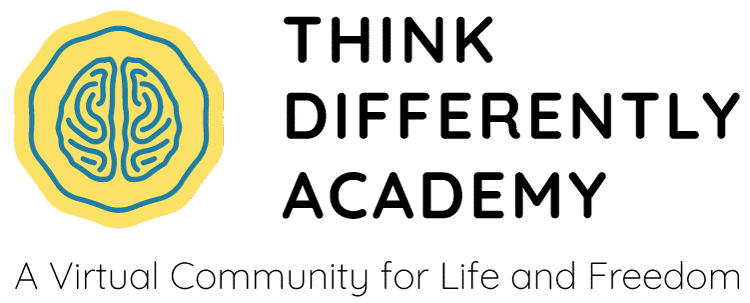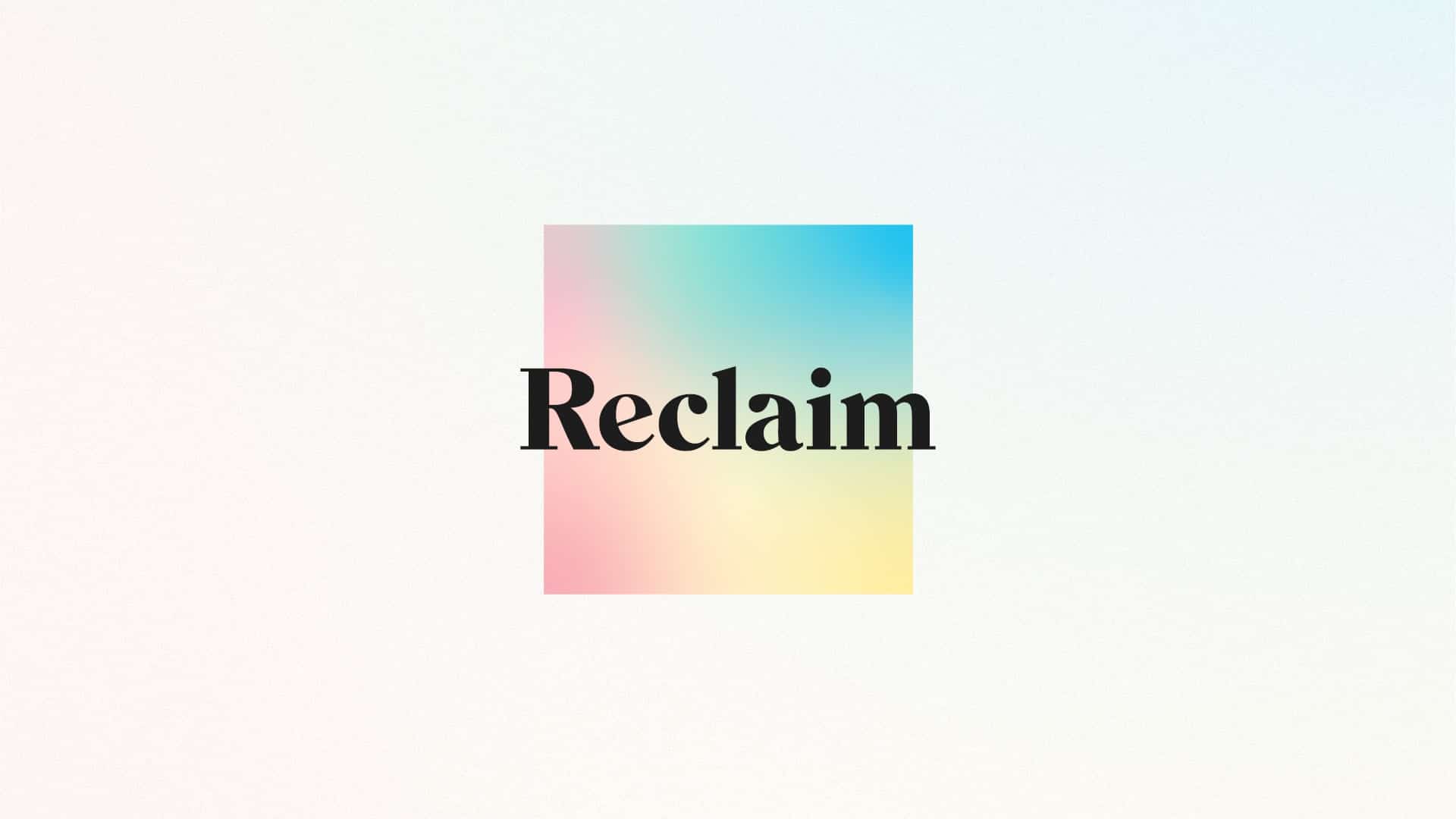A few weeks ago, it struck me I wanted to do this ongoing series on what it would be like to embark on, and walk all the way through this journey to Freedom that has become my life message and quest.
So five posts later, the temptation is to continue to address “how we think” about freedom. But as my friends tell me, “Bob, sometimes you have to tell people what to DO”.
The first thing to do is to clearly define what it is we wish would change, and how. I usually start with three specific questions:
1. When the change you are after happens, what will life be like afterward?
This question forces us to think in a couple of new ways. First it assumes the change is imminent. Second it makes us answer in terms of what will be, instead of what will no longer be. It is difficult to sustain change based on “what is no longer”. If we define our goal as, “I will no longer be fat”, we make no place for, or image of, the life of sustained health, only the absence of excess weight. So the other side of our goal creates a vacuum in which we have no mental picture of life in a new state. Answering this question allows us to receive a picture of a new way of being, not just living without “the problem”.
2. What have you been doing so far, to try to effect this change?
This question helps with a number of things. First, it helps to determine how we have defined our problem. Our solutions are always based on our definition of the problem. Too often we have defined the problem unconsciously, and asking this question makes us see how we have defined the thing we wish would change. It also is likely to reveal something that has actually kept us from changing. MANY TIMES (read: most times) people suffer not just from their problems but from solutions derived from inaccurate definitions. The person who withdraws in order to protect himself from rejection, multiplies his experience of rejection. The person who demands respect, often is disrespected for being demanding. The person who focuses all their thoughts on behaviors they wish would change, fills their mind with the very thing they are trying to have less of.
3. Can you think of any possible negative effects of achieving this change?
This one can be confusing because most people are so bent on the change they desire, that they do not recognize a common obstacle. Sometimes the challenge of living in this new way can actually make it easier to go back to the very thing they just escaped. The alcoholic who finally stops drinking is faced with dealing honestly with the damage he has done to those he loves, and the challenges of taking responsibility for the life he just left. The parent whose child finally develops the responsibility they have been pushing for, may actually have to release them to sink or swim on their own. Letting go is hard. The man at the pool who was healed after decades of waiting, was faced with a whole new lifestyle. Jobs and relationships were his new challenge, instead of waiting for someone to take pity on him.
Have you wondered why the change your after has been so elusive? These three questions asked honestly, and under the guidance of the Holy Spirit can reveal many reasons that this change has eluded you, as well as preparing you for numerous potential pitfalls on your journey to freedom.
If you actually become the person you were created to be, what new challenges will that person face?

